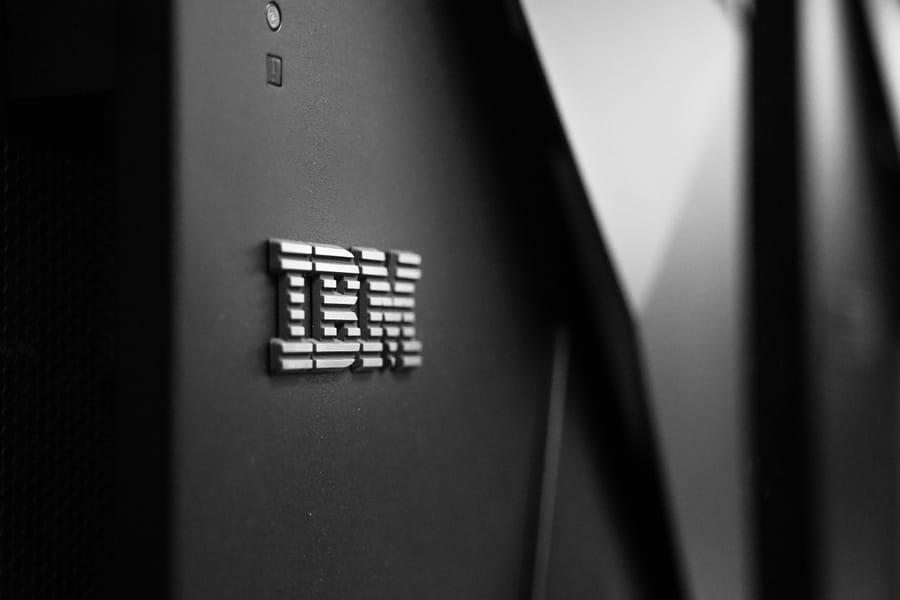More than 40% of current agentic AI projects will be cancelled by the end of 2027 due to escalating costs, unclear business value and inadequate risk controls, according to Gartner research. Many companies are investing in early-stage experimental projects that are primarily driven by hype and often misapplied. A January 2025 Gartner poll of 3,412 webinar attendees revealed that 19% of organisations had made significant investments in agentic AI, 42% had made conservative investments, 8% no investments, while 31% were taking a wait-and-see approach or were unsure.
The market is significantly distorted by "agent washing" practices, where existing products such as chatbots or RPA solutions are rebranded as agentic AI without genuine capabilities. Gartner estimates that of the thousands of agentic AI vendors, only about 130 offer genuine agentic solutions. Anushree Verma, Senior Director Analyst at Gartner, states that current models lack the maturity and agency to autonomously achieve complex business goals or follow nuanced instructions over time. The analyst emphasises that many use cases currently positioned as agentic don't actually require agentic implementations.
Despite these challenges, the long-term outlook is promising, as Gartner predicts that by 2028, 15% of day-to-day work decisions will be made autonomously through agentic AI, up from 0% in 2024. Additionally, 33% of enterprise software applications will include agentic AI by 2028, up from less than 1% in 2024. For successful implementation, organisations must focus on enterprise productivity rather than individual task automation, and often need to rethink workflows from the ground up with agentic AI, as integration into existing systems can be technically complex.
Sources:
1.

2.

3.










